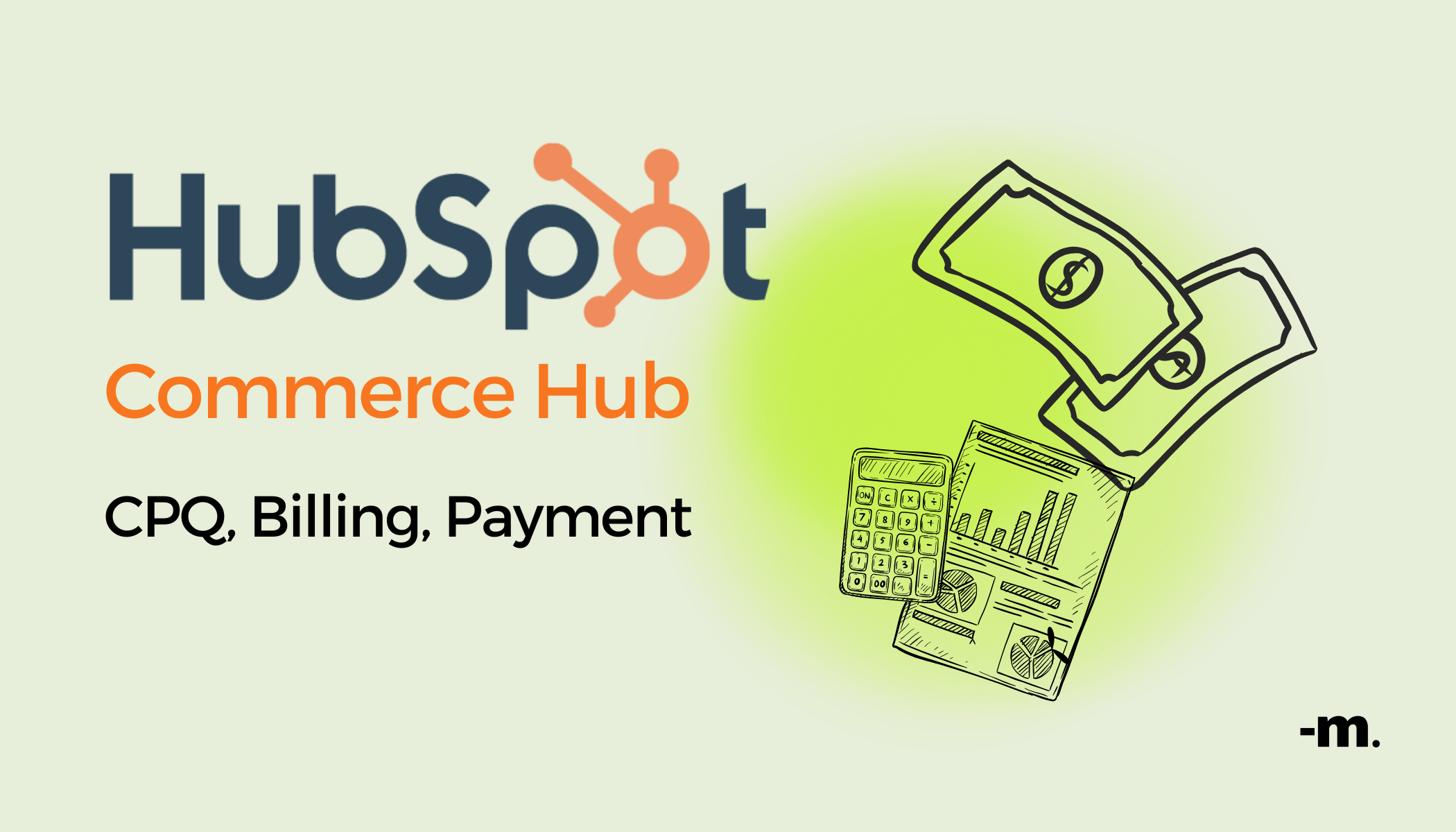HubSpot Data Integration 101
In the digital age, efficient data management is crucial for businesses to thrive. HubSpot, a leading CRM platform, offers robust data integration...
2 min read
Markezing Team : Feb 12, 2024 11:30:00 AM

In today's digital age, businesses rely heavily on Customer Relationship Management (CRM) software to manage their sales, marketing, and customer service operations efficiently. Two giants in the CRM industry, HubSpot and Salesforce, offer robust solutions tailored to the diverse needs of modern businesses. While both platforms excel in managing customer relationships, they differ significantly in terms of features, pricing, and integration capabilities. Let's delve into a detailed comparison of HubSpot and Salesforce, exploring their integration potential and functionalities.
HubSpot is renowned for its user-friendly interface and comprehensive suite of marketing, sales, and customer service tools. It's an all-in-one platform designed to attract, engage, and delight customers throughout their journey. Here are some key features of HubSpot:
HubSpot's Marketing Hub offers tools for email marketing, social media management, content creation, and analytics. It enables businesses to attract leads, nurture them, and convert them into customers seamlessly.
With Sales Hub, users can manage their pipeline, automate tasks, track interactions, and gain insights into their sales performance. It streamlines the sales process and empowers sales teams to close deals effectively.
Service Hub focuses on delivering exceptional customer service by providing tools for ticketing, knowledge base management, live chat, and customer feedback. It helps businesses to resolve customer issues promptly and foster long-term loyalty.
Salesforce is a powerhouse in the CRM industry, offering a wide range of cloud-based solutions tailored to sales, marketing, commerce, and service. It's highly customizable and scalable, making it suitable for businesses of all sizes. Let's highlight some key features of Salesforce:
Salesforce's Sales Cloud is a comprehensive sales CRM solution that empowers organizations to manage leads, opportunities, accounts, and forecasts effectively. It offers advanced analytics, AI-driven insights, and customizable dashboards to drive sales productivity.
Service Cloud enables businesses to deliver personalized customer service across multiple channels, including phone, email, chat, and social media. It provides tools for case management, omni-channel routing, knowledge base, and AI-powered chatbots.
Salesforce's Marketing Cloud offers a suite of marketing automation tools for personalized customer journeys, email marketing, social media advertising, and analytics. It helps marketers to create targeted campaigns, nurture leads, and drive engagement.
While HubSpot and Salesforce are standalone platforms, they offer integration capabilities to streamline workflows and enhance productivity. Integration between HubSpot and Salesforce allows businesses to synchronize data seamlessly between the two platforms, ensuring consistency and eliminating manual data entry. For example, leads captured in HubSpot can be automatically synced to Salesforce for further nurturing and conversion. Similarly, sales data from Salesforce can be synced back to HubSpot for comprehensive reporting and analysis. This bidirectional integration facilitates collaboration between marketing and sales teams, enabling them to work cohesively towards common goals.
We understand that adopting new technology can be challenging and intimidating. However, we are here to help.
If you're interested in learning more about AI-powered sales and marketing tool, schedule a call to discuss how they can benefit your business.

In the digital age, efficient data management is crucial for businesses to thrive. HubSpot, a leading CRM platform, offers robust data integration...

The Future of CPQ Lives Inside Your CRM Modern sales teams face a familiar problem: quoting, billing, and payment processes are often fragmented...

New Zealand’s farming and agricultural equipment sector is at a crossroads. As teams stretch across the country to serve dairy, cropping, and...